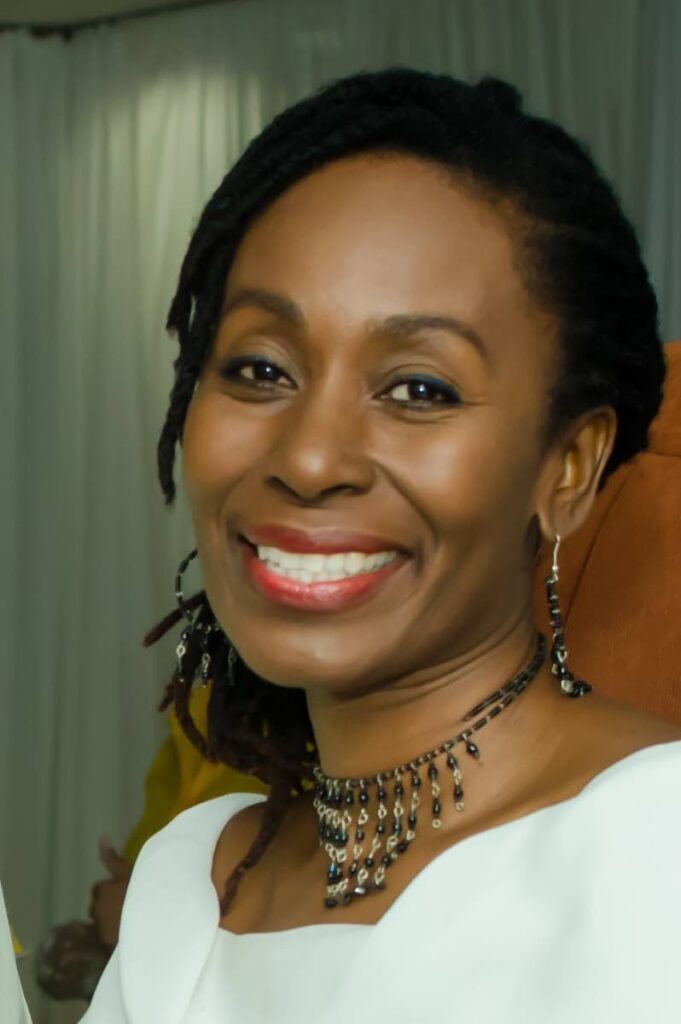A co-operative for artists – stronger together

Dara E Healy
I LOOKED at the artists sitting together in the yard, talking quietly in small groups. The sun was slowly disappearing, and the day was still rather hot, but no one looked uncomfortable. Rather, everyone was focused on the purpose of the gathering.
I could not recall ever being at a meeting like this, with so many different creatives – writers, visual artists, musicians, dancers, Carnival practitioners. One person described herself as a hobbyist. We were all there with one purpose – to discuss the formation of the Arts, Crafts and Cultural Workers Cooperative Society (ACCW), its role in strengthening the creative sector and improving our quality of life.
I have written extensively in this space about the persistent gaps in financial solutions for practitioners in the creative sector. The current financial system is not structured to facilitate the seasonal and irregular nature of income for creatives. For instance, one simple solution would be to offer artists an opportunity to make loan payments on a quarterly basis, instead of monthly.
Further, the restrictive and colonial "job letter, payslip" mentality continues to harm the ability of creatives to access basic necessities. Many of us are constantly forced to "smalls up" our expectations and the way we live. This includes decisions from the type of gas we can afford to put in our car to having to work inordinately long hours to bring in relatively small rewards. We struggle to take time off because if we do not work we do not generate much-needed income. This vicious cycle affects our health and sense of well-being.
I think that is why the mood in the meeting was so intense, so reflective. We recognised the urgent need to implement solutions.
The ACCW Steering Committee, spearheaded by Rawle Gibbons and Joseph "Joey" Rivers, is currently receiving training from the Co-operatives Division towards registration and understanding best practices. The intention is to address the difficulties in the sector, primarily through building financial knowledge and collectively lobbying for change.
But a co-operative is also about financial stability and freedom for artists. The Georgia Council for the Arts describes it as “an autonomous arts organisation, enterprise, or association jointly-owned and democratically-controlled by its members.”
Ancient societies practised this type of collective, community-based form of saving. In West African traditions it is called esusu; in TT we know it as sou sou.
During indentureship, East Indians purchased “parcels of land together in certain areas,” allowing them to recreate their villages and feel a sense of belonging. For one researcher, land was identified as a form of financial freedom for East Indian women from both Hindu and Muslim faiths. It afforded them greater status in the community and even the independence to break free from abusive relationships.
In exploring collective security today, key objectives of the ACCW include education about financial management and encouraging financial responsibility. Emphasis is also being placed on networking, as well as protecting tradition-bearers and defending against cultural appropriation.
Additionally, artists spoke of the importance of collaborating on marketing initiatives and having access to venues to showcase and sell their work. The ability to share and learn how to use heavy equipment or tools (for example, for sewing or making paper) was identified as another essential element of building artistic control over their careers and income.
I am particularly concerned by the current weak protections for the intellectual property of artists. How does the moko jumbie performer protect his signature moves? Or the dancer who develops a new piece of work?
This year I was dismayed to see aspects of my choreography being incorporated into the dance at a national event. Or what about artists who turn images of performers into works of art for financial gain? Artists themselves need to be educated about the boundaries in the industry.
To be fair, many of these questions have not even been answered at the global level, where street art, for example, is still largely unprotected.
I know these issues may be outside of the remit of the artists’ co-operative, but like the creatives gathered in the yard that night, I am ready for more. Many say our sector is at the core of building national identity and harmony, but we often feel relegated to the periphery. Artists are generally solitary by nature, but the current reality demands that we work together. To become the force that our nation needs, we must co-operate.
Dara E Healy is a performance artist and founder of the Indigenous Creative Arts Network – ICAN


Comments
"A co-operative for artists – stronger together"